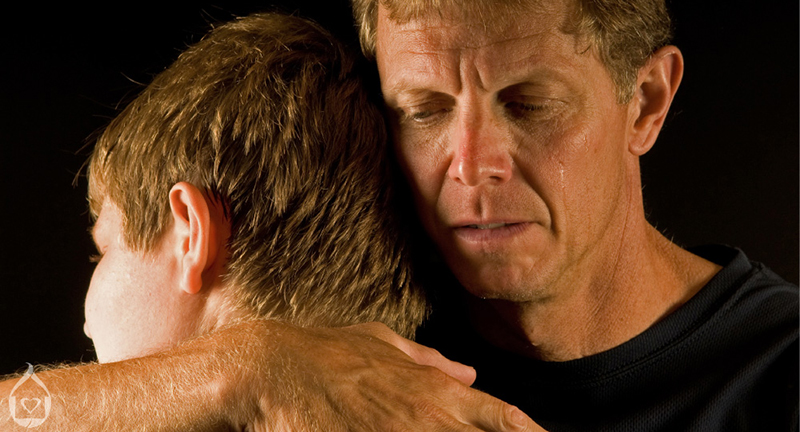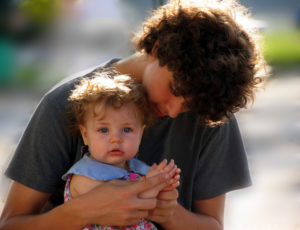Family Unity Is the Responsibility of All

Some of the most persistent and hateful disagreements happen between family members. Regardless of who started it or who behaved worse, reconciliation is the responsibility of everyone in the family.
Whether you’re the one who has been hurt, the one who did the hurting, or someone who loves both the people locked in the dispute, the work of family unity requires everyone’s effort.
 Lenten Grace
Lenten Grace
One of the best ways to prepare for Easter is to put our relationships right. Lent calls us to spiritual renewal through prayer, fasting and almsgiving. These practices give us special grace to restore love and connection in our families. Here are few ideas to get you started.
- Prayer and Fasting. Offer yourself in prayer and fasting for the intention of unity in your family. Ask God to transform your heart and the hearts of those involved.
- Bless your Enemies. The Lord asks us to love our enemies. When we feel jealous, angry, disappointed or betrayed by a family member, resist the desire to blame or criticise and instead, ask God to bless them even more.
- Words of Hope. Speak kindly and respectfully of all those involved in the dispute. Keep the focus of your conversation on the gifts and goodness of each member rather than their faults. When the conversation turns sour, gossipy or critical, acknowledge that the person is speaking from a place of hurt and gently refocus them on the goodness of the other.
Building Bridges at Home
It can be difficult to reconcile. Feelings of hurt from what was done or said to us can be powerful.
Sometimes though, what most blocks us from reconciliation is our sense of shame for our own actions or words. It can be Even when both are guilty of bad behaviour, we can take the initiative and write a letter of reconciliation to someone we’ve hurt.
When Jesus saw their faith, he said, “Friend, your sins are forgiven.” Luke 5:19-21
A Reconciliation Letter
Use this template to write a Reconciliation letter to the one you’ve wounded.
- Confess: Say what you did or said (or failed to do) that hurt them.
- Empathise: Say how it impacted them: describe how they must have felt, how they reacted.
- Consequences: Describe how it affected your relationship with them.
- Sorrow: Say how sorry you are, and ask for forgiveness.
- Commit to Change: Say what you will do to make amends.
How does your family handle conflict? How do you talk about forgiveness and saying sorry?
Have you never introduced your kids to this concept?
Tell us in the comments below.
This article was featured in the February 2012 edition of the CathFamily e-Magazine.
More from this edition:
